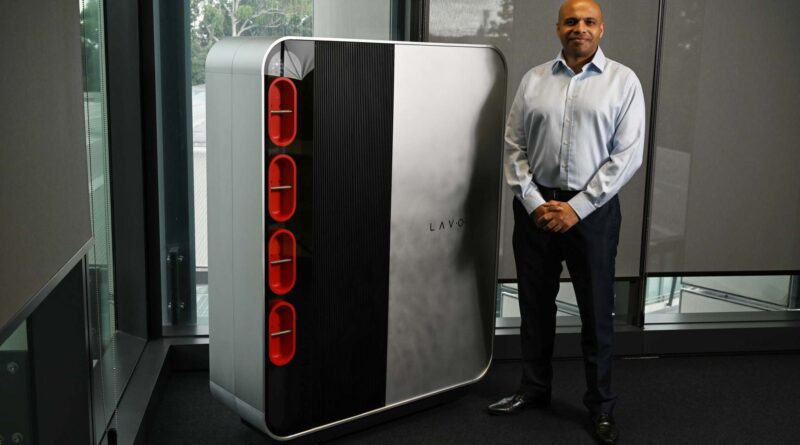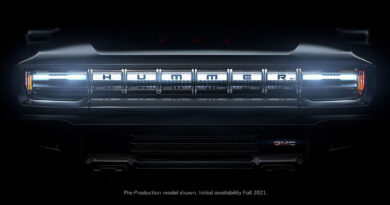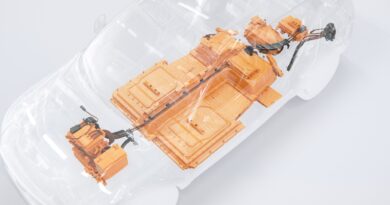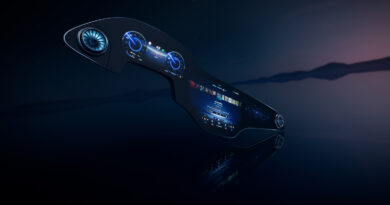Australia leads the way with hydrogen battery – and BBQ
Australia is leading the charge towards hydrogen-based power sources with a local company, LAVO, announcing the world’s first hydrogen-powered domestic products, including a battery that creates and stores power and can store three times as much of it as current wall batteries.
Working in conjunction with the University of NSW, LAVO has also developed a hydrogen bicycle and even a hydrogen barbecue, which sounds … flammable.
There’s also potential for EVs.
The crucial and exciting LAVO battery is the size of a fridge and can be hooked up to the solar panels on your roof. Inside the unit, electrolysers use the electricity generated from solar cells to convert water into hydrogen and oxygen, which is then vented, leaving the hydrogen stored for use as needed.
LAVO’s chief executive, Alan Yu, says the unit can store three times as much power as the largest commercially available wall-mounted batteries (think Tesla Powerwall) allowing it to power the average household for up to three days on a single charge. Obviously, it could also be used to charge electric vehicles using clean power.
The system, which costs around $34,000, is claimed to have a lifespan three times longer than lithium batteries and should last around 30 years.
The hydrogen canisters could even be used like Sodastream bottles, Yu explained, with users able to remove them and use the to power things such as the bicycle or the barbecue. Even people who haven’t bought the entire system could borrow the hydrogen canisters, or exchange them.
The genius of the system is that hydrogen – the fuel also used to power fuel cells in EVs – is stored in a patented hydride – fibrous metal alloy that looks a bit like iron filings, rather than being stored under pressure or in liquid form, reducing the risks of fire (so the BBQ would actually be fine).
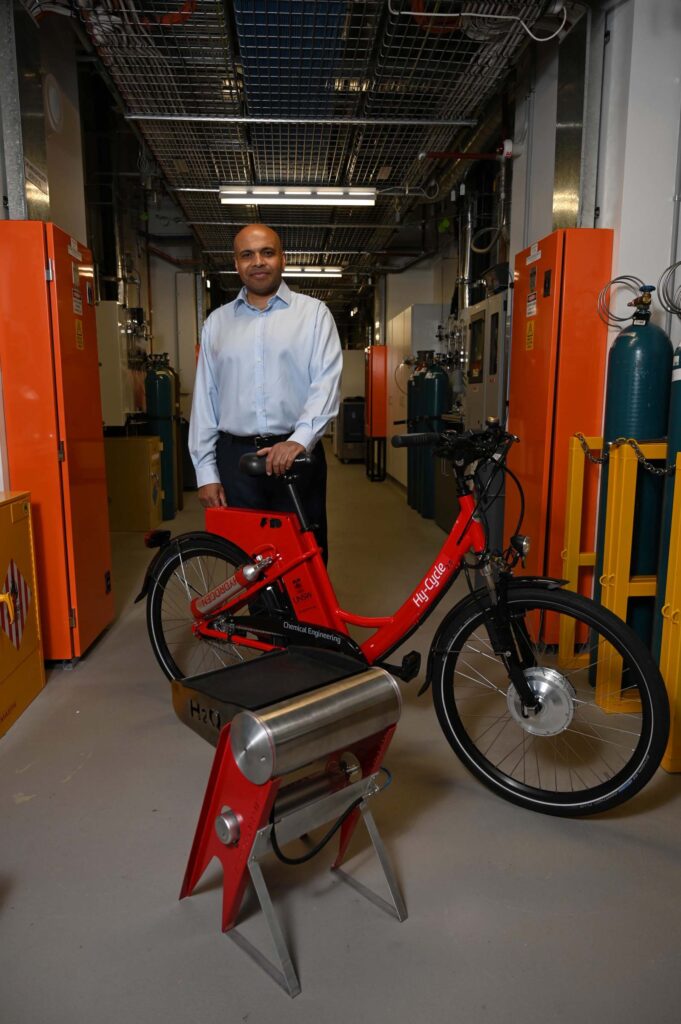
The company expects its initial customers to include homes and businesses on the edge of the national grid, such as mines and agribusinesses.
Professor Kondo-Francois Aguey-Zinsou, who leads the Hydrogen Energy Research Centre at the University of NSW, and has worked with LAVO, told the SMH that products like this are crucial to the development of a domestic hydrogen industry and in keeping with the government’s plans to build a low-carbon economy.
“Hydrogen technology exists in an ecosystem, we can either import technology like this or we can develop it ourselves and build the jobs here,” he said.

